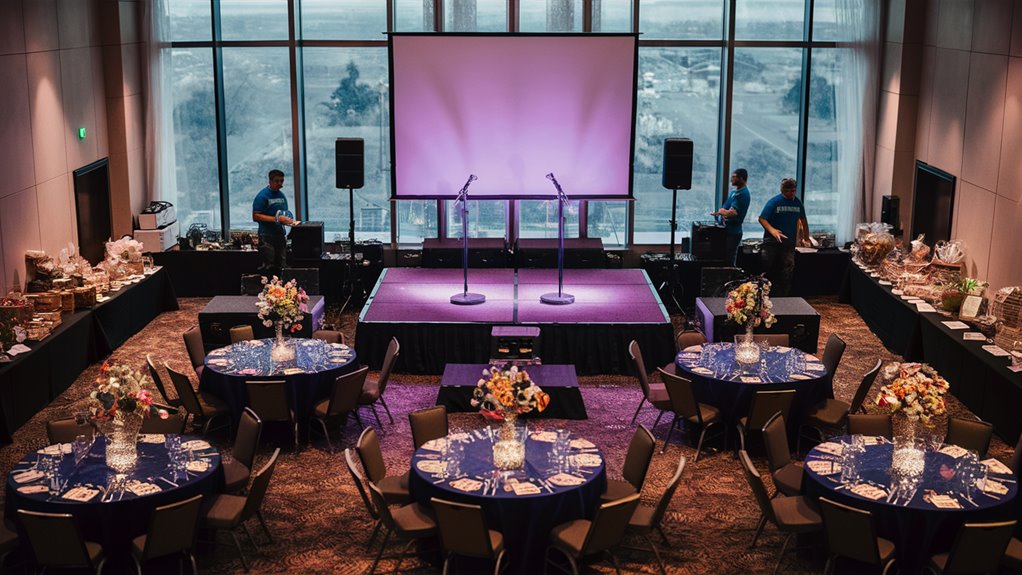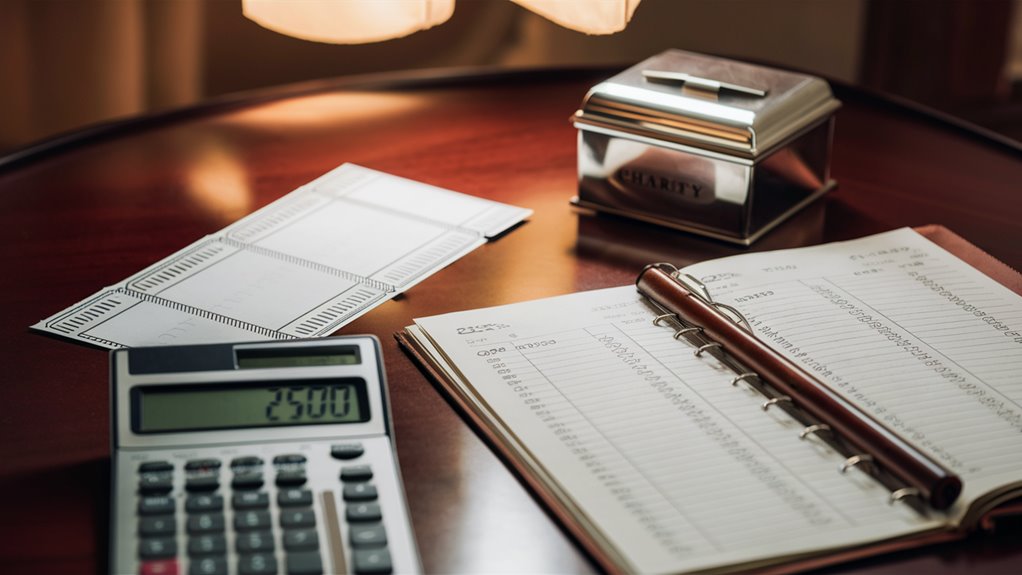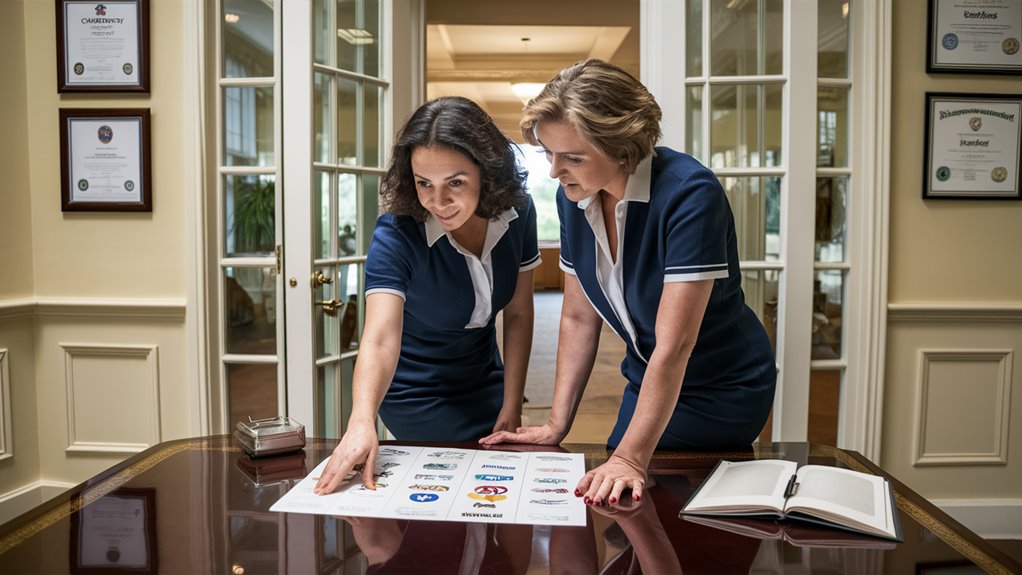
How to Set Up a Karaoke Event for Charity

Setting up a winning charity karaoke party takes good focus on main setup needs. Start by teaming up with a well-known charity group and pick an ADA-okay place with enough room at least 2-3 months prior to the event day. A good sound system setup is key, including a top-notch PA system, pro karaoke machine, and many spare mics – all must be checked 24 hours before the event. 호치민 밤문화
Event Plan Musts
Set up smart ticket price levels and plan a 60-40 money split between charity and cost needs. Start big social media pushes on many sites and make eye-grabbing promo stuff. Make local business ties to grow your reach and better sponsorship chances.
What You Need for Tech
- Top PA system with even sound cover
- Karaoke system for many song types
- Cord-free mics with backups
- Online money moves for gifts and tickets
- Event software to keep track of who’s coming
Up your money pull with company match plans, quiet auctions, and VIP show spots. Make a clear song pick plan and set up fast check-in steps to keep the show smooth and boost charity work.
Pick Your Charity Friend
Pick Your Charity Partner for Money Events
Smart choice of a charity is vital for your event’s win. Start by picking causes that fit with local care and stand out around here. Local charity groups often work best due to their close work and group ties.
Check Out Partners
Do a deep partnership check when you look at charity choices:
- Look at charity grades on sites like Charity Navigator and GuideStar
- Make sure they are legal 501(c)(3) groups
- Look at how open they are with money and how well their plans work
- See how they’ve done with past money events
Set Up Partnership Rules
Main Partnership Needs
- How they help with event push
- Help from volunteers
- How the gifts are split
- Access to their brand stuff (logos, mission statements)
- Rules for using their marketing stuff
How to Talk
- Name main contact people
- Make clear talk paths
- Write down all deals
- Plan key dates
- Set up report structures
Paperwork for Partnerships
Get official papers that spell out:
- What each side must do
- How resources are split
- Time promises
- Needs for pushing the event
- How money stuff works
- What to expect after the event
This planned way makes sure both the money event and charity friend hit their goals while keeping top pro levels and being clearly responsible.
Find and Book Your Spot
How to Find and Book the Best Karaoke Money Event Spot

Picking the right place is key for a good karaoke money party. Karaoke bars and places to eat with private rooms have ready-to-use tech perks. For big shows, think about hotel large rooms, local center halls, or multi-use event spots that can take all your guests.
Must-Haves for the Place
When you check possible spots, look at these key place needs:
- Room size that fits your guest count
- Easily reached park spots
- ADA-okay features
- Pro sound system quality
- Built-in karaoke gear ready
- Stage size
- Many ways to set up seats
Booking and How to Set It Up
Lock your spot by getting full cost details about:
- Basic rent prices
- Money to hold the spot
- Insurance needs
- Money for helpers Norebang Reservation Secrets: Scoring Prime Time Slots
- Costs to get gear
Book your place 2-3 months before the big day. Ask for a written deal with all the rules. Check the place’s cancel rules, rules on outside food, and how to set it up. Make sure the layout works for both show spots and money-making spots right.
Bring in Gear and Tech Help
Main Gear and Tech Help for Karaoke Money Parties
Audio Gear List
Your karaoke money event needs you to have top-level gear. Must-have tools include:
- High-quality PA system with strong speakers
- Pro karaoke set or laptop with special software
- Best mics with spare ones
- Big screen or projector


